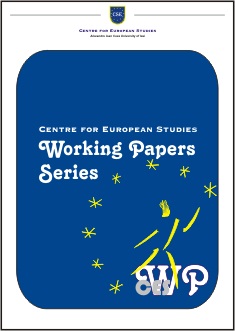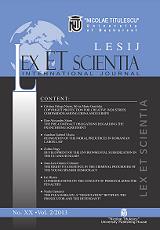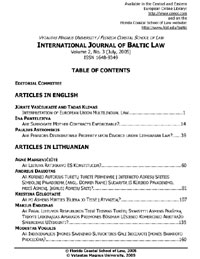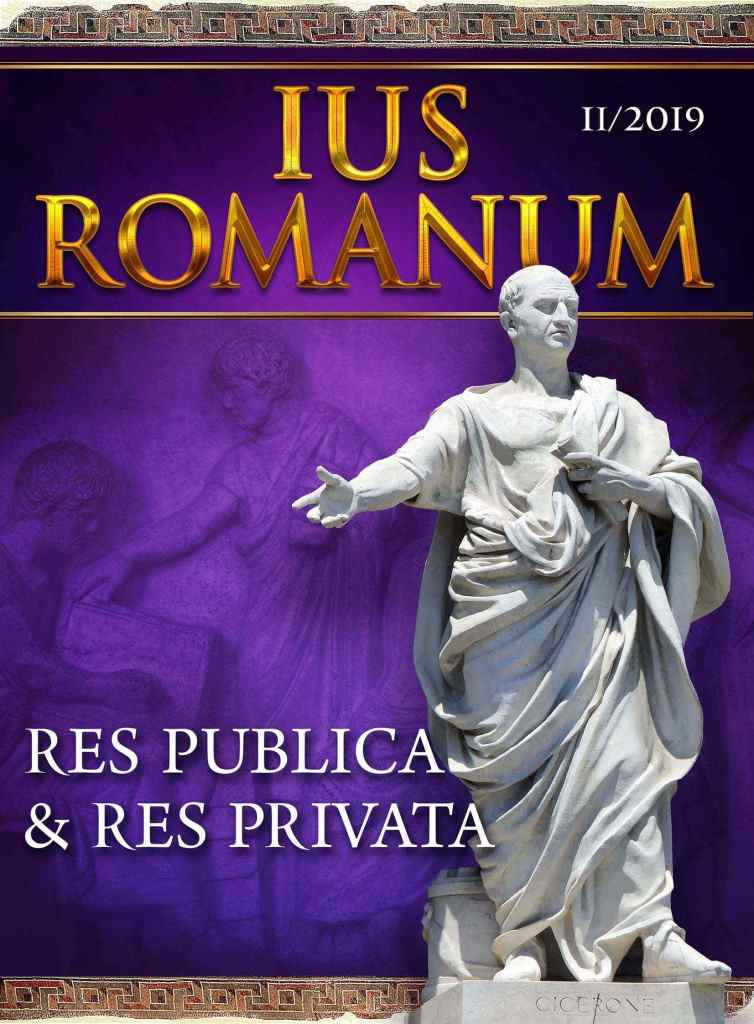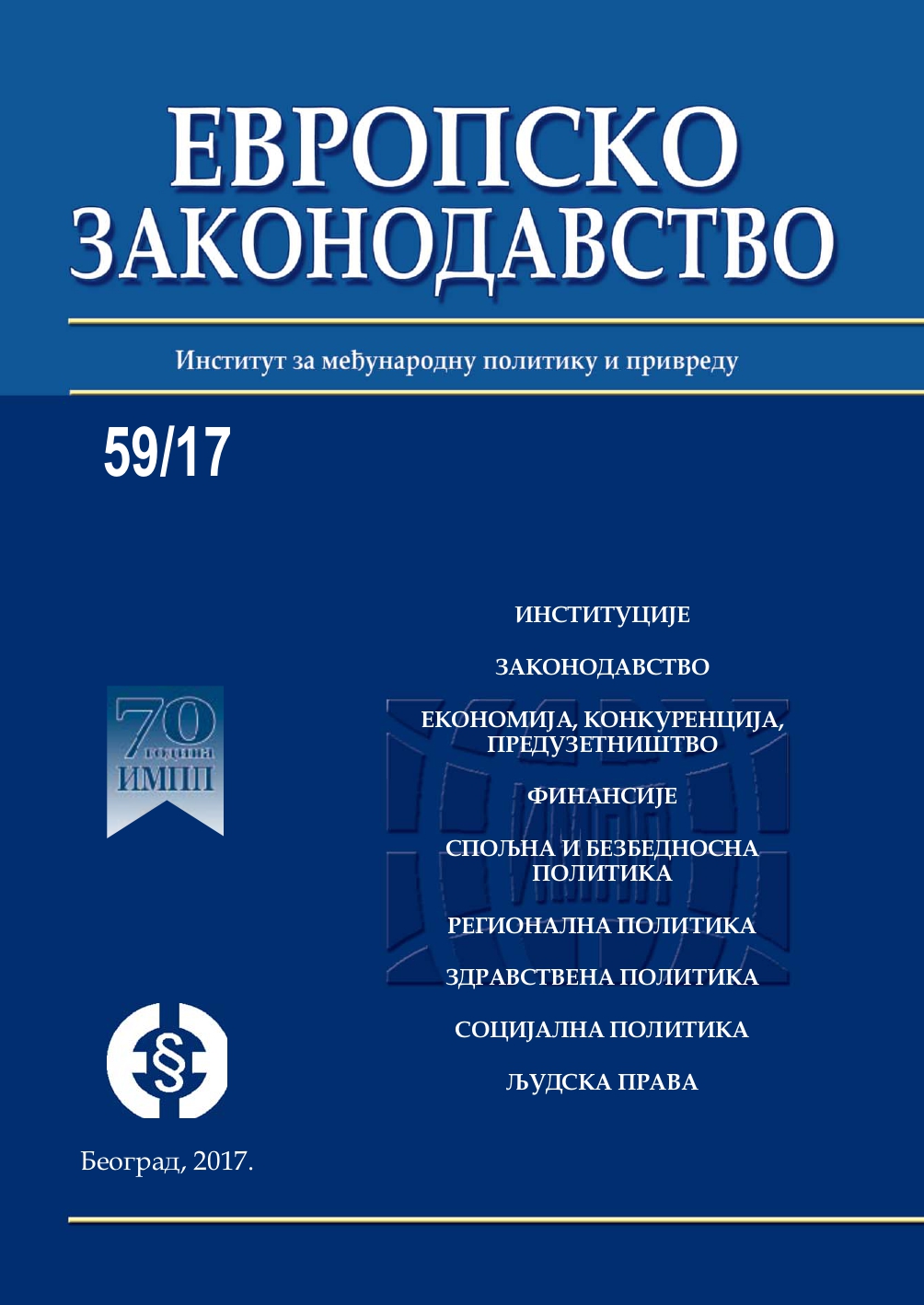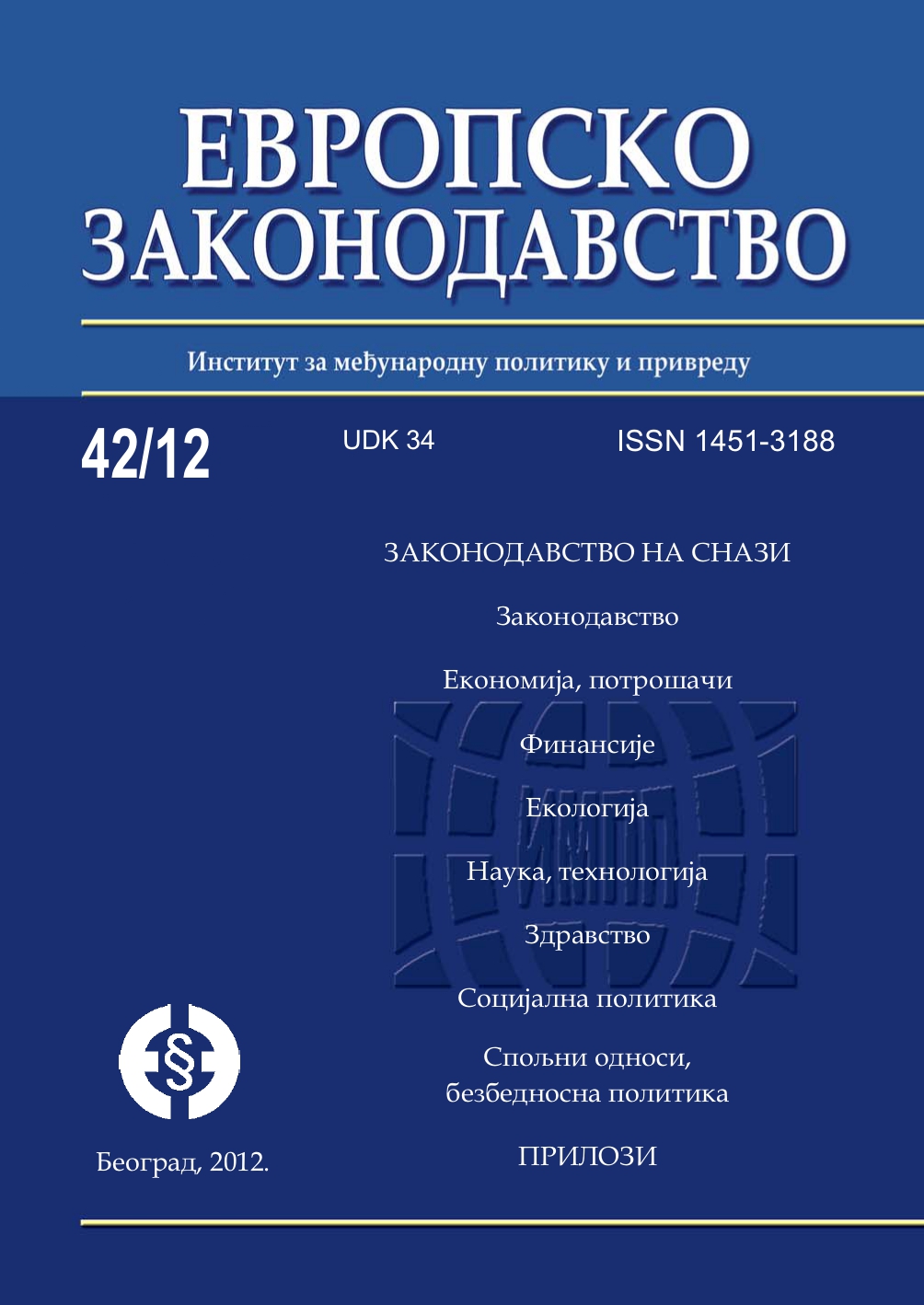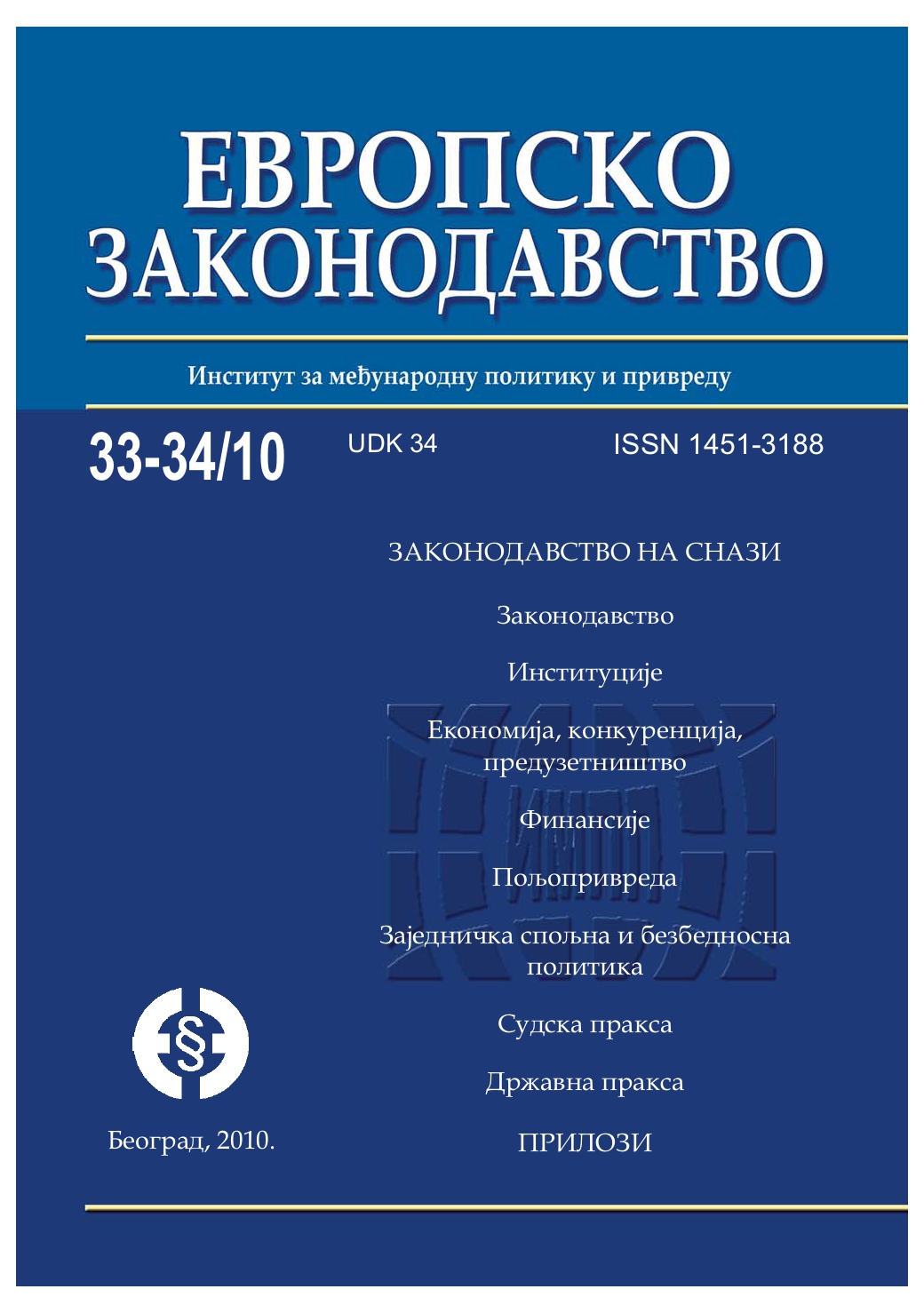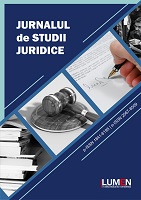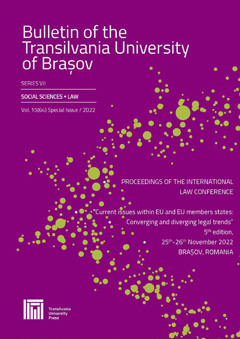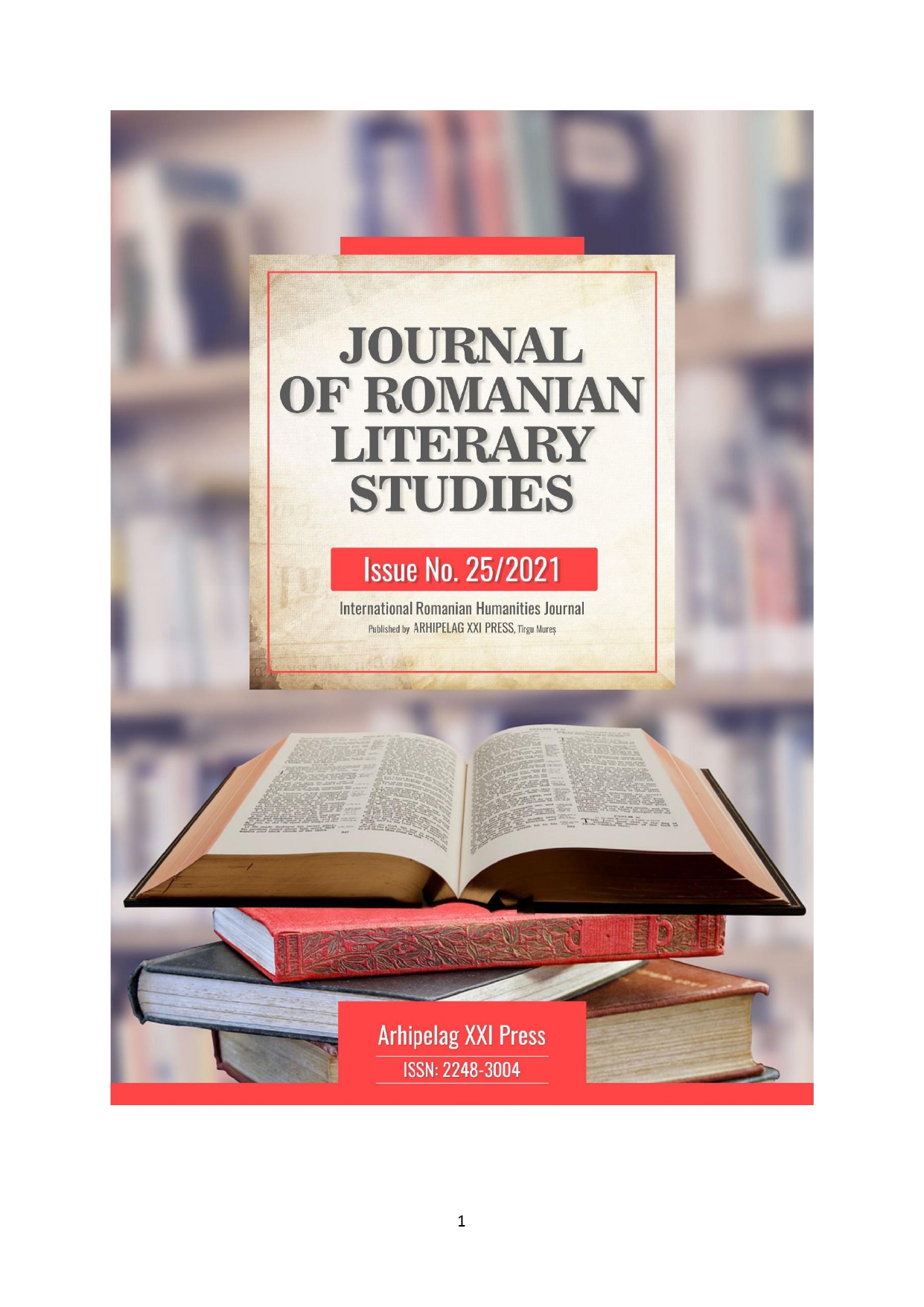Problems of the environmental law of the European Union
Author(s): Yevhenii Pankov,Olha Filipskykh,Dmitro Boichuk / Language(s): English
/ Issue: 155/2021
Keywords: Environmental security; Environmental policy; European Union; Environmental law;
The problem of ecology is one of the most common problems of the twenty-first century. No country is immune: no country has better military equipment, no country with low inflation, no country with “perfect” legislation. The purpose of the article was to clarify legislative issues: European Union legislation was outdated, general and lacking in specificity. To address these problems, this article uses different approaches to the definition of environmental security, which makes it necessary to change the concept and the actions within which the definition is adopted. The article goes on to discuss the position of realists who argue that environmental security cannot be set because of lack of accountability “the importance” of the issue of “high” issues. Thus, the paper refers to the emergence of environmental security and its long path. This article contains the following changes and provisions: Brundtland Committee (1987), Convention on the Conservation of Nature and Natural Habitats in Europe (1979), International Tropical Timber Agreement (1983) as well as the Convention on Long-range Transboundary Air Pollution (1979), the Maastricht Treaty (1992), the Hazardous Substances Directives, the impact of EU measures on the environment and the Animal Protection Directive. In addition, the article exposes Programs designed to ensure and regulate environmental safety. The report of the European Environment Agency was also reviewed and a comparative analysis of the data contained in the report and the British Broadcasting Corporation estimates was made. The authors draw attention to several directives, calling them “triumvirate”, which provide the basis for countries to regulate some environmental legislation. Almost in the end of the paper the authors pay attention to the phenomenon of environmental ethics, which is a consequence of imperfect legislation. In its conclusion, the article states that the problems that arise from the lack of accountability of legal acts of a real environmental situation occur in the member states, taking into account the special case of the European Union.
More...

